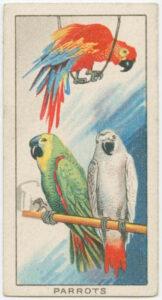 I was invited to speak to writing instructors at the University of Minnesota, Duluth, who are in the process of thinking through the information literacy portion of their learning outcomes. Always a pleasure to connect with a discipline that seems so closely aligned with academic library work.
I was invited to speak to writing instructors at the University of Minnesota, Duluth, who are in the process of thinking through the information literacy portion of their learning outcomes. Always a pleasure to connect with a discipline that seems so closely aligned with academic library work.
Abstract: For more than three decades, my job was to help students learn how information works. Though information literacy, as we call it, matters to me because inquiry is ideally a form of education that Paolo Freire called “the practice of freedom,” the students I worked with were understandably focused on formulating questions and selecting the kinds of sources that would satisfy their teacher rather than engaging in genuine curiosity. Tellingly, a Project Information Literacy study of recent college graduates found less than a third felt that college prepared them to ask questions of their own. Librarians and writing instructors both face a fundamental tension between our higher goals and the reality of our service roles to other disciplines. Two concepts that seem important but are too often overlooked are first, understanding the underlying ethical moves and commitments that characterize good honest work, whether it’s science, journalism, or an informative TikTok, and second, understanding how information systems shape our experiences, especially now that we no longer simply seek information, it seeks us. Today we’ll explore ways these concepts could be addressed without losing sight of the practical needs of writing instructors and their students to satisfy disciplinary expectations. Continue reading “information literacy, writing instruction, and the problem of stochastic parrots”